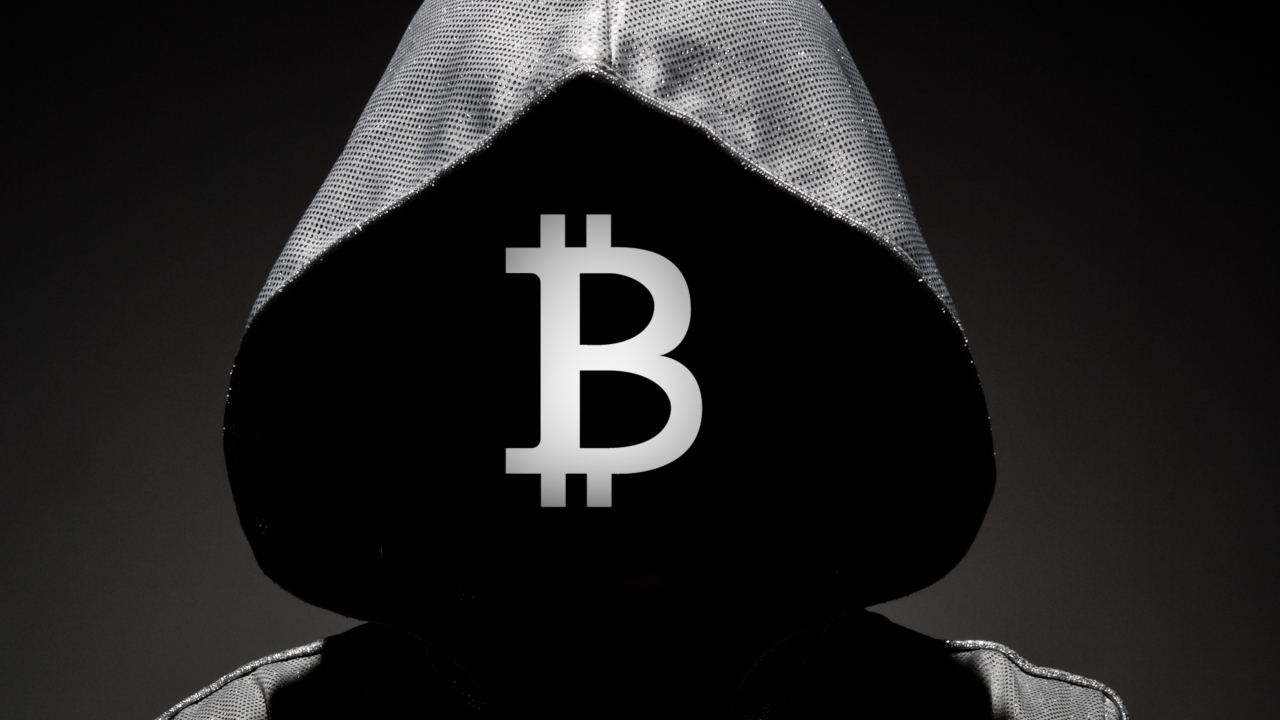Satoshi Nakamoto Revealed? Fraud Allegations and Technical Glitches Sink Claims
01.11.2024 11:30 2 min. read Kosta Gushterov
At a press conference in London on October 31, Stephen Mollah, a British businessman claiming to be Satoshi Nakamoto, faced skepticism over his assertions regarding the identity of Bitcoin's creator.
Despite his description as an economic and monetary scientist, Mollah’s presentation faltered due to technical issues with his laptop, preventing a planned live demonstration.
During the event, Mollah showcased what were described as easily fabricated screenshots as evidence of his claims. When journalists pressed him for more substantial proof—like transferring Bitcoin from the Genesis block or providing cryptographic signatures—he stated he would fulfill these requests in the months to come. His inability to provide credible evidence led many attendees to leave, with one observer noting Mollah’s nervous demeanor.
The BitMEX Research team, present at the conference, derisively labeled Mollah as “Faketoshi.” Throughout his speech, Mollah made additional claims, including inventing the euro bond and the Twitter logo. The press conference had been promoted as a significant reveal of Satoshi’s identity, with a statement suggesting that “growing legal pressures” compelled Mollah to come forward.
Reports indicate that both Mollah and event organizer Charles Anderson are facing allegations of fraud for falsely claiming ownership of 165,000 Bitcoin purportedly held in Singapore, with intentions to deceive an individual named Dalmit Dohil. Both have pleaded not guilty to the charges, with their trial set for November 3, 2025.
Ultimately, Mollah’s failure to provide conclusive evidence left lingering doubts about his claims and further obscured the true identity of Bitcoin’s creator.
-
1
Shibarium Launches Internal Probe Amid Ecosystem Abuse Allegations
01.06.2025 18:00 2 min. read -
2
BlackRock Reportedly Targeting Major Stake in Upcoming Crypto IPO
29.05.2025 22:00 2 min. read -
3
Bybit Enters Europe with Full Regulatory Approval
29.05.2025 21:00 1 min. read -
4
Coinbase Expands 24/7 Futures to Solana, XRP, and Cardano Amid Rising Altcoin Demand
02.06.2025 11:00 2 min. read -
5
Pi Network Taps Into Gaming to Showcase Real Crypto Utility
31.05.2025 20:00 2 min. read
Trump’s 2024 Crypto Earnings Top $58 Million—DeFi Stake Drives Most of the Haul
Donald Trump earned over $58 million from crypto-related ventures in 2024, according to his latest financial disclosure report.
Tencent Denies Reports of Nexon Acquisition Talks
Chinese tech giant Tencent has officially pushed back against recent rumors suggesting it is preparing to acquire South Korean game developer Nexon.
FTX Dumps Another $10M in Solana as Wind-Down Efforts Press On
The slow dismantling of Sam Bankman-Fried’s crypto empire continues, with defunct firms FTX and Alameda Research quietly shifting another $10.3 million in Solana (SOL) as part of their asset liquidation plan.
Gold Glides Toward New Peaks as Middle-East Strife Lifts Safe-Haven Demand
Gold’s relentless climb in 2025 shows no sign of slowing. Spot prices burst above $3,400 this week—within striking distance of April’s record near $3,500—after renewed hostilities in the Middle East rattled global markets.
-
1
Shibarium Launches Internal Probe Amid Ecosystem Abuse Allegations
01.06.2025 18:00 2 min. read -
2
BlackRock Reportedly Targeting Major Stake in Upcoming Crypto IPO
29.05.2025 22:00 2 min. read -
3
Bybit Enters Europe with Full Regulatory Approval
29.05.2025 21:00 1 min. read -
4
Coinbase Expands 24/7 Futures to Solana, XRP, and Cardano Amid Rising Altcoin Demand
02.06.2025 11:00 2 min. read -
5
Pi Network Taps Into Gaming to Showcase Real Crypto Utility
31.05.2025 20:00 2 min. read


